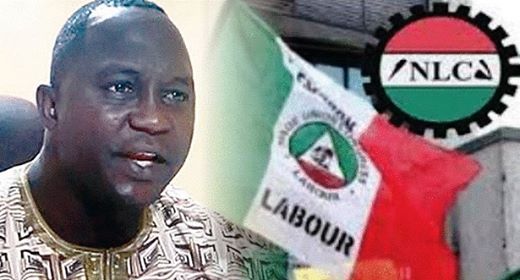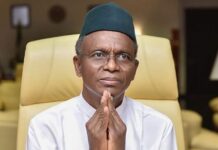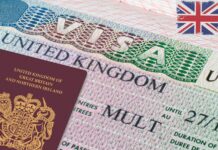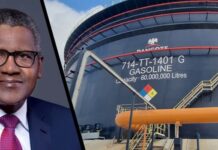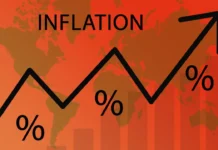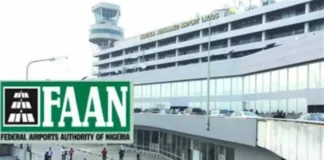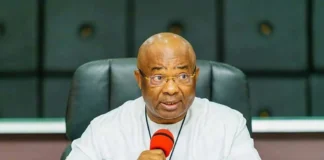Agency Report
Wabba described as “comical“ the bait by the government to pay 40 million Nigerians N5,000 as palliative, to cushion the effect of the astronomical increase in the price of petrol
The Nigeria Labour Congress (NLC) has rejected President Muhammadu Buhari regime’s plans to remove fuel subsidy.
“The response of the NLC is that what we are hearing is the conversation of the federal government with neo-liberal international monetary institutions.
The conversation between the government and the people of Nigeria, especially workers under the auspices of the trade union movement on the matter of fuel subsidy, was adjourned sine die so many months ago,” NLC president, Ayuba Wabba, said in a statement.
“Given the nationwide panic that has trailed the disclosure of the monologue within the corridors of government and foreign interests, the NLC wishes to maintain its rejection of deregulation based on import-driven model.”
According to him, the NNPC Group Managing Director, Mele Kyari, announced that petrol could cost as much as N340 from February 2022.
Mr Wabba described as “comical“ the bait by the government to pay 40 million Nigerians N5,000 as palliative, to cushion the effect of the astronomical increase in the price of petrol.
He added that the amount involved in what he called “queer initiative“ was far more than the money government claimed to spend currently on fuel subsidy.
“The NNPC GMD said that the price increase would be consequent on the plans by the federal government to remove subsidy on premium motor spirit, also commonly referred to as petrol or fuel,” the NLC boss added.
“The grand optimism of the NNPC GMD was predicated on the claims that the removal of fuel subsidy is now backed by an act of parliament probably the Petroleum Industry Act which was recently signed into law.”
Mr Wabba noted that the Minister of Finance, Budget and National Planning, Zainab Ahmed, re-echoed the same idea on Tuesday at the World Bank’s Nigeria Development Update (NDU) launch.
He added that the minister announced the government’s plans to disburse N5,000 to 40 million poorest Nigerians each as a transport allowance to cushion the effect of the planned removal of the fuel subsidy.

